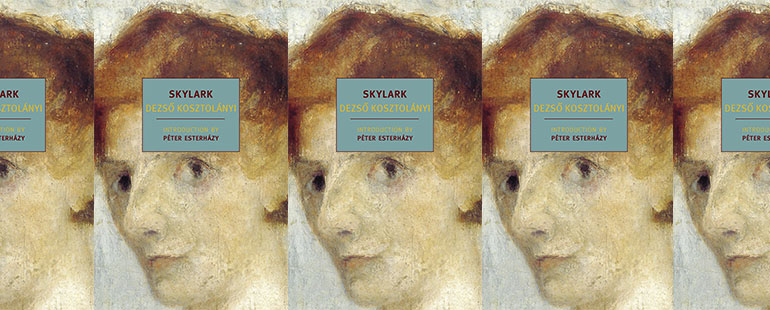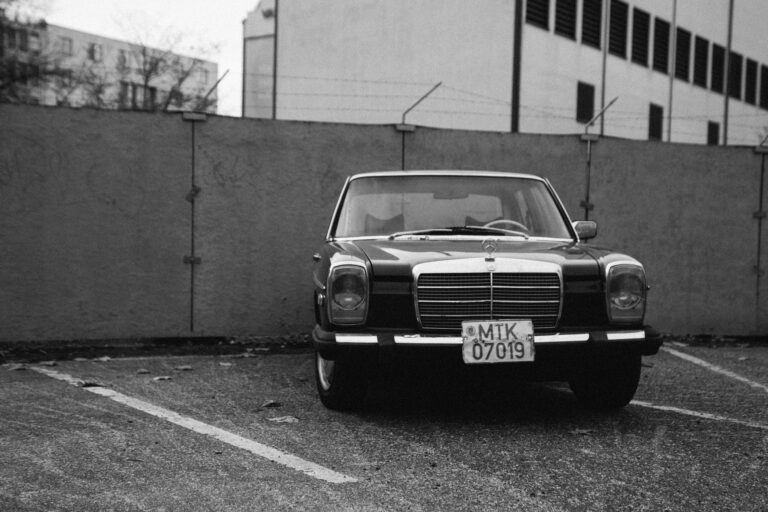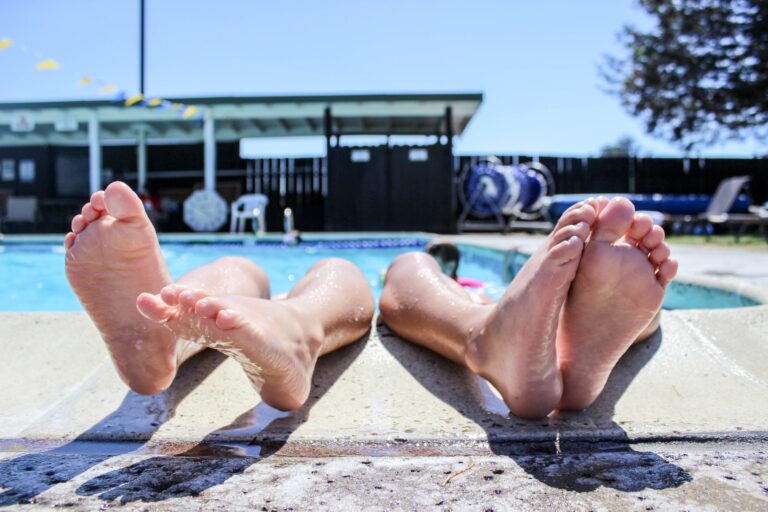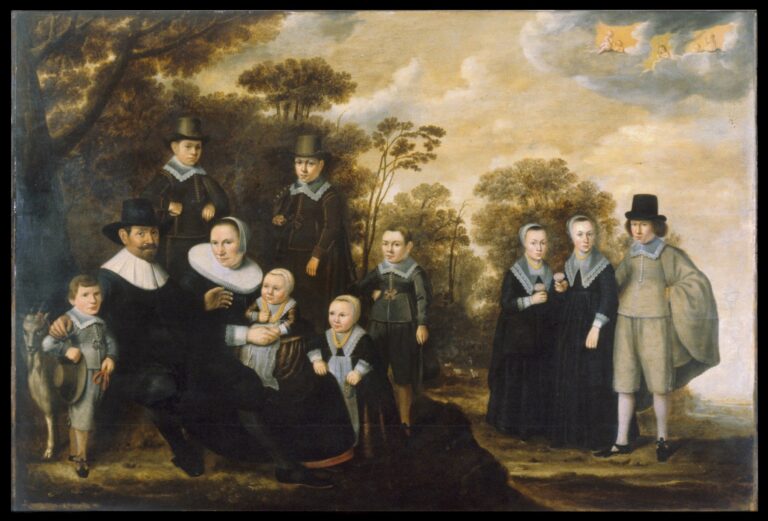The Layers of Skylark

Dezső Kosztolányi’s 1924 novel, Skylark, translated from the original Hungarian in 2010 by Richard Aczel, has all the makings of a pleasant diversion. Its location is provincial, its date historic, and its concerns no greater than one week in the lives of the Vajkay family, a tidy clan whose existence seems as neatly arranged as their “daily walks: Mother to the right, Father to the left and Skylark in between.” It appears unlikely that anything of significance will take place in seven days in such a setting and with such company, but Skylark makes a point of subverting expectations. Within the novel, actions as outwardly mundane as packing, eating, and walking become fertile ground to investigate the discrepancy between how things look and what they are.
Skylark begins with Father and Mother cramming Skylark’s things into a suitcase in preparation for her journey to visit relatives. They fret over toothbrushes, buttonhooks, and other items of little consequence the way people do when getting ready for a trip. All of this is quite routine, but this impression changes when we are shown Father giving his daughter a “water flask so that she shouldn’t drink strange water during the journey.” It is an endearing, strange, and specific detail that shows that this excursion is something out of the ordinary for the Vajkays. The journey is big enough and rare enough that they have imagined all sorts of curious dangers for Skylark’s two-hour train ride and are intent to arm her against them. On the surface, packing seems ordinary, but with the Vajkays, there are unseen tensions related to leaving and change that run underneath.
With Skylark safely away, Father and Mother are left to fend for themselves and to deal with an unfamiliar loneliness. “Friday, Saturday, Sunday…then Monday, Tuesday, Wednesday, Thursday…then Friday. A week. A whole week, Father. Whatever will we do without her?” Mother asks; in response, Father can only offer comfort “without a trace of conviction.” There is nothing difficult to understand about parents missing a child, but the strength of Father and Mother’s despondence is unusual. Even for the time and location, it’s hard to imagine that thirty-five-year-old Skylark has never been away from home before and that her parents are so unable to cope without her. This may be the result of theirs being a small and close family, but there is also the troublesome fact that Father and Mother are the ones who originally suggested that Skylark leave: “They were still stuck at home…but they’d send their daughter instead…a break would do her good,” Kosztolányi writes. All signs point to Father and Mother believing they sent their daughter away so she could have a vacation, but their suggestion and lead role in packing subtly imply that they may be the ones who want a break from Skylark. There is a conflict between their words and actions, and it raises the question of how much they really miss their daughter.
The reason for this ambiguity may stem from the unspoken difficulties around Skylark being “ugly. And not just ugly any more, but withered and old. A veritable old maid.” It is a surprise to encounter this harsh assessment, and it immediately eliminates the vaguely pastoral haze that had hung over the Vajkays. All the fuss, care, and despondence take on new meaning, and we are forced to reevaluate the Vajkays and Skylark in this new light. The statement complicates our understanding of the family’s dynamics, and shows that the Vajkays are struggling with a deeply personal burden, especially as more of Skylark’s tendencies are revealed.
Ugliness in literature is a common enough trope, but Skylark stands alone due to her unfortunate combination of being both unattractive and dull. Take, for example, her cooking. The Vajkays fervently proclaim their love of “good home cooking,” making them like many people for whom food and family are intrinsically linked. But we then learn that Skylark “never uses paprika…or pepper, or any other spices,” is “rather sparing with fat,” and “[keeps] everything locked away, especially the sugar.” Father is forced to conclude that “no one could say she starved us. Not in the least.” This final assertion rings somewhat false in light of what was said beforehand, and because Father makes it with tear-filled eyes as he remembers the flavorful foods he has previously eaten. One can imagine that while he is not literally starving, he is starving for something that Skylark does not provide. Skylark means well, aiming to keep her family happy, but she fails to see the limitations of a life filled with unsalted chicken risotto. Home cooking conjures images of lively family meals, but this has not been the Vajkays’ experience for some time. Coming to grips with ugliness in a beloved child is one thing, but living in the oppressive atmosphere Skylark creates is quite another.
It would also seem possible for Father to ask Skylark for different food, but he does not do so. A pattern has become established in the Vajkay household, one not easily broken. Skylark’s one-week absence provides a brief opening, though, and in this time, Father and Mother seek out experiences long-denied to them. Father is finally able to enjoy “rich, blood-red goulash soup with hot paprika from Szeged,” and he and Mother even go to a show at the local theater. They are usually unable to attend because the smell from oil lamps makes Skylark nauseated; she would rather stay at home, so Father and Mother do as well. Without Skylark, they are able to see a performance at which they “laughed so much that tears streamed down their faces.” This laughter has an air of pure respite, a break from the gloominess, but even this enjoyment is complicated. For one, it’s only possible because Skylark isn’t around, and for another, the play they go see is The Geisha, a yellow-face farce featuring a performance by a diva who “exuded a certain seedy charm.” Even happiness can’t be plain happiness in Skylark; there is always another layer, another nuance to the Vajkays’ experiences. The truth is that the vulgar spectacle can give Father and Mother some happiness that their daughter cannot—they are certainly not shown laughing around her. How to manage this secret unhappiness is a trick the Vajkays have never quite mastered, despite long years of practice.
The Vajkays’ habitual walks, for instance, are initially presented as a comfortable routine, but Father’s inner monologue reveals there is much more to these daily strolls. In their world, to walk in public is to be reminded of Skylark’s ugliness. As a result, Father has developed a habit of “[marching] beside her defiantly, so that he too should face the sympathy and malevolent pleasure” of the crowds. All the while, Father also “[tugs] nervously at his left shoulder, pulling it close, as if to cloak his embarrassment at the offence his own flesh and blood had caused to the order of nature.” This is a truly startling perspective for Father to have, and there is nothing small about the emotion displayed. Father sees Skylark as so ugly she is an offense to nature, but he will walk beside her anyway. This is what the Vajkays experience every day when they walk around their hometown. No doubt strangers seeing them would not suspect Father’s internal state, but this is his and his family’s unchanging reality.
When Skylark returns, walking once again plays a key role in showing what will happen next with the Vajkays. It is not wild supposition to think that time apart, travel, and self-reflection might lead to some transformations within this family. Small improvements could be made. Father and Mother might ask for different food, go out more without their daughter in tow. Skylark might take a cooking class. Such developments are possible theoretically and maybe even demanded narratively, but the way the Vajkays walk leaves no doubt that it is not possible for them. They leave the train station and head back home with “Skylark…in the middle, Mother and Father on either side. Father carried the flask, in which water still slopped to and fro.” It is a narrative full circle that dispels any notion of change. However it may seem to us, this walk makes it clear that there is now “no way out” for this family.
We are left with a sad image of the Vajkays’ lives, but naturally that is not all there is to it. Father and Mother may have ended up with lives full of “suffering collected like unswept dust in the corners…piled up over many long years,” but rather than succumbing to despair, bitterness, or resentment, they ask, “could we still do more?” They may be woefully ill-equipped to do anything else, but they choose to try and to continue. In a novel concerned with ugliness, there is a beauty in Father and Mother’s response that transcends its provincial trappings. You would not think to look to the Vajkays, with all their smallness and sadness, for an answer to sorrow, but they offer it nonetheless. It is one final discrepancy between what appears and what is.


